Letter to My Anti-SRO Classmate
There are substantial improvements to be made, and the discussion on how to best welcome law enforcement officers back into our schools is one I’d like to see every voice participate in.
October 13, 2022
Dear Obse,
The recent lockdown has made me concerned for the collective safety–you, me, and all of my friends, known and unknown. It feels as if a cloud of violence perpetually hangs over our schools.
With assaults rising 20% countywide in the previous year, it’s not surprising that our schools have become more violent. There were stabbings at Clarksburg and Churchill, a shooting in a bathroom at Magruder, and a plethora of fights at schools all over the county.
In a lengthy and divisive campaign, Montgomery County Councilmember Will Jawando abolished Student Resource Officers (SROs) in all Montgomery County Public Schools at the start of the 2021-22 school year. While a plan to reinstall armed SROs in our public schools would likely be met with criticism, the program remains the best option for reducing violence and ensuring peace of mind for parents and students alike. School is supposed to be a place where students can learn without the fear of violence. Sadly, it has become a place where lockdowns loom over our heads.
SROs are a crucial law enforcement tool that the school in Uvalde lacked. It took over an hour for law enforcement officers to enter the building when an SRO would have already been inside the building, ready to address the threat with specialized training and personal knowledge of the school. Jawando and his supporters emphasize mental health as the cause of rising violence in our public schools but fail to realize that poor school safety contributes to a culture of palpable tension and fear.
Conversely, research suggests that SROs are beneficial in reducing suspensions, arrests for assaults and weapons charges, disciplinary actions, serious school violence, and crime in the areas surrounding schools. Beyond the clear-cut statistical benefits that SROs provide, they contribute to a culture of safety and security that enables students to focus on learning.
The SRO force has a complicated relationship with the communities they work in, but many serve their communities with distinction. The SRO program provides specialized training focusing on implicit bias, disability and diversity awareness, de-escalation, and other school-specific topics.
Some are uncomfortable with the idea of having law enforcement in our schools, expressing the desire that school administration adjudicates all disputes on school grounds. The SRO program was not created to prosecute students for offenses that fall within the purview of school administrators. Instead, the program was designed to keep students and teachers safe in situations requiring police intervention.
Redefining the role of an SRO and equipping them with the proper tools to make our schools safe is a conversation separate from debating whether to eliminate them altogether. There are substantial improvements to be made, and the discussion on how to best welcome law enforcement officers back into our schools is one I’d like to see every voice participate in.
Your friend,
Clay W.



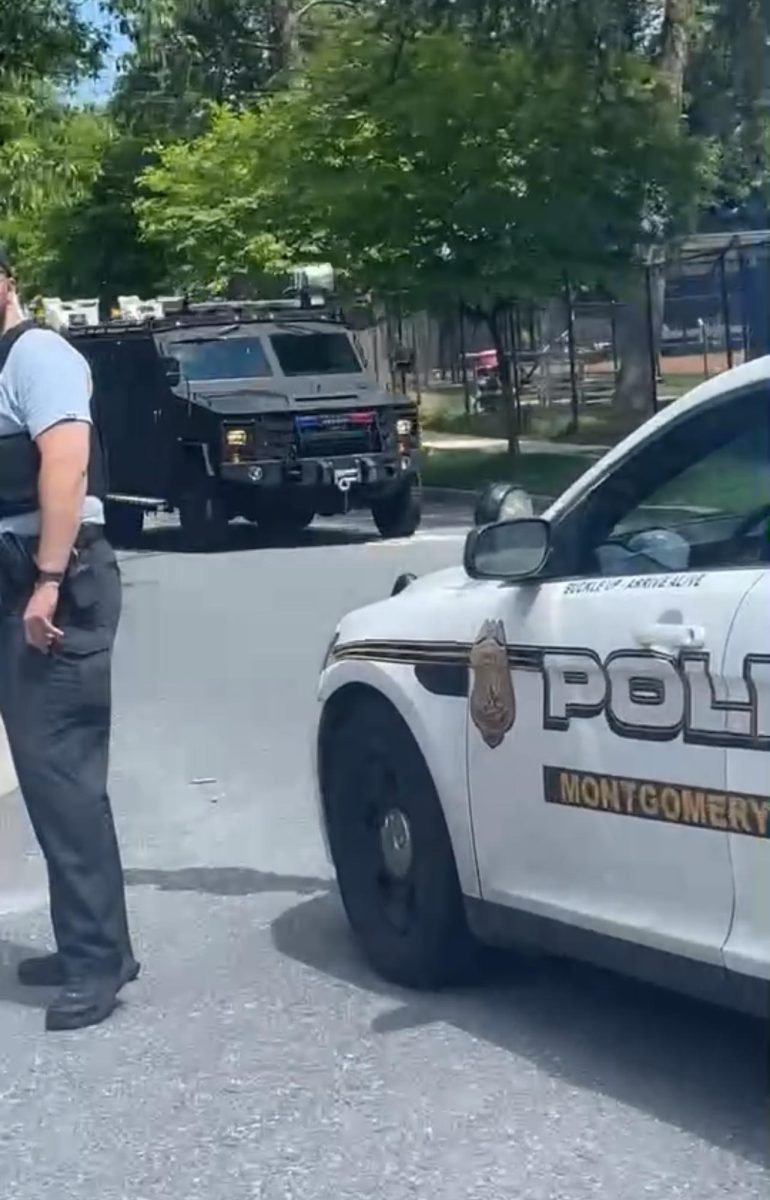
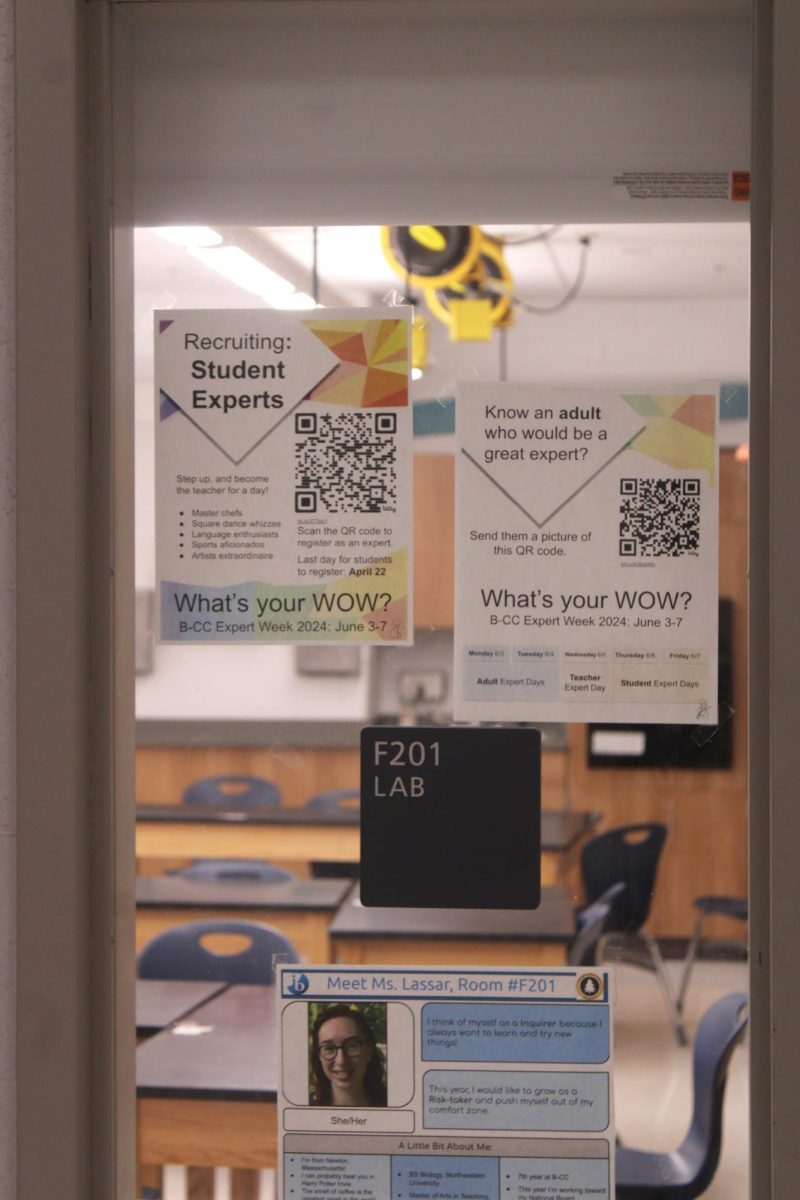
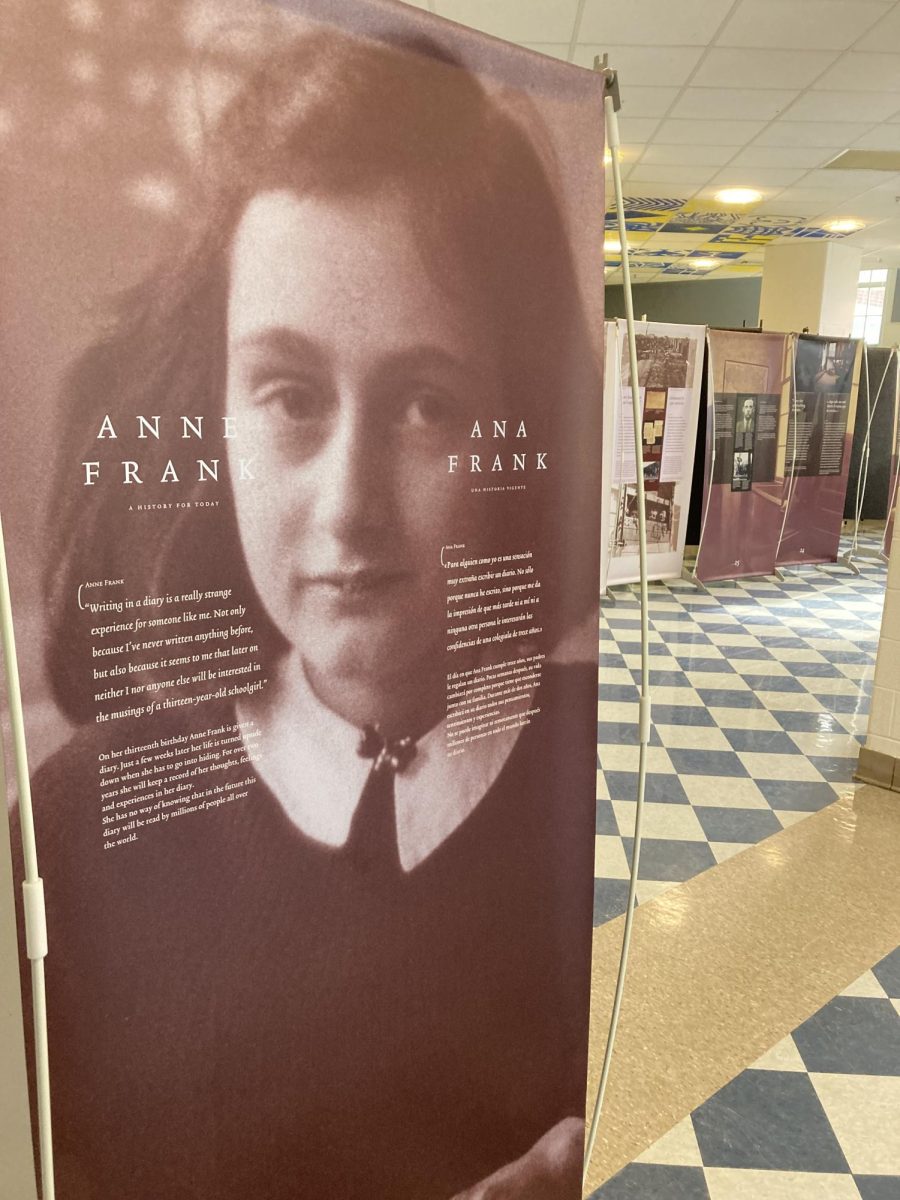

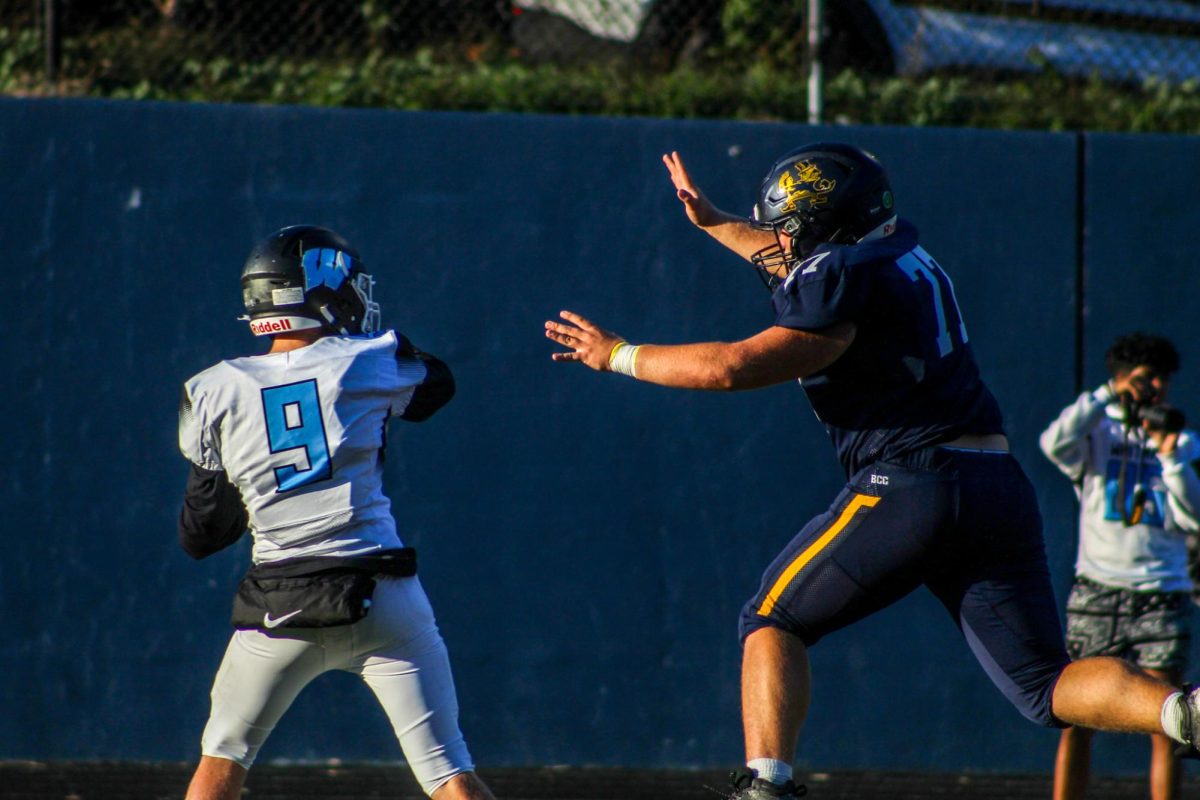



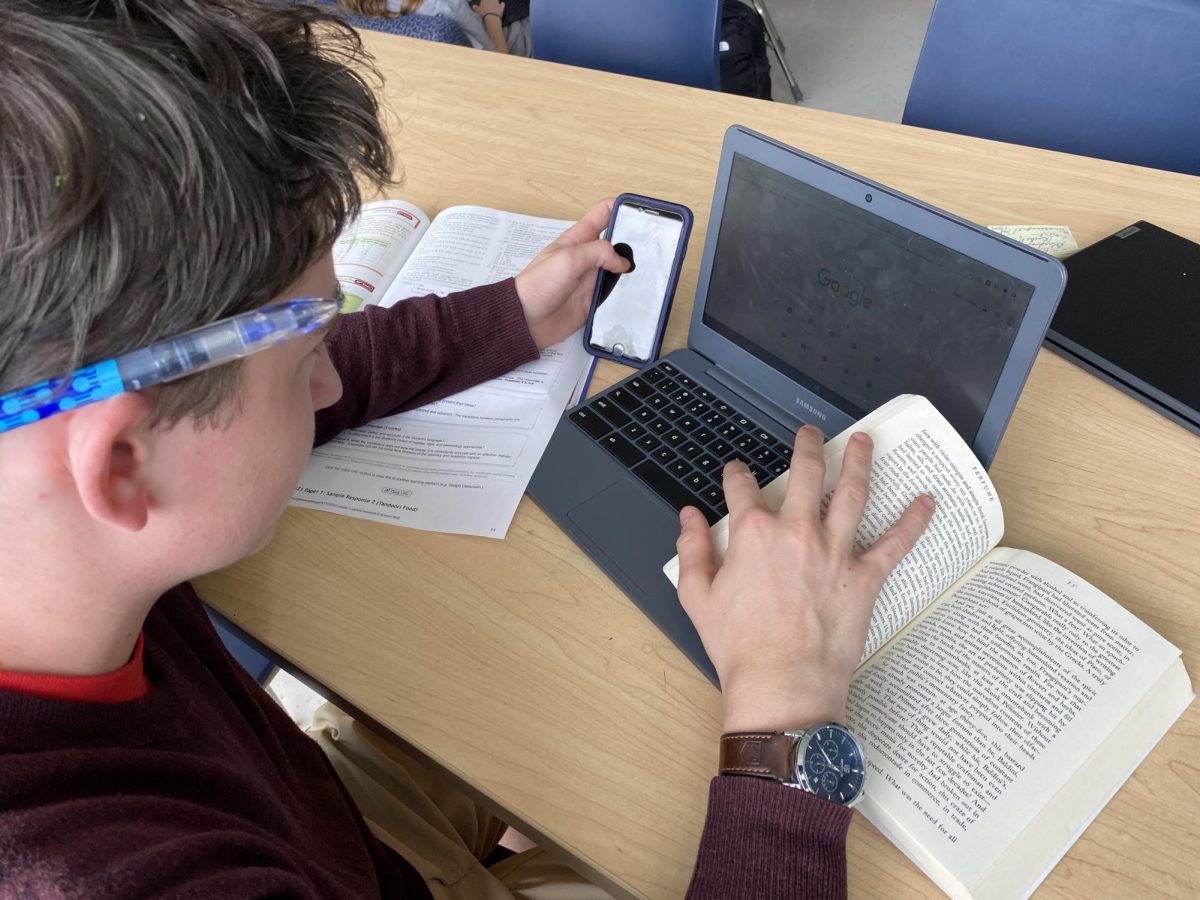
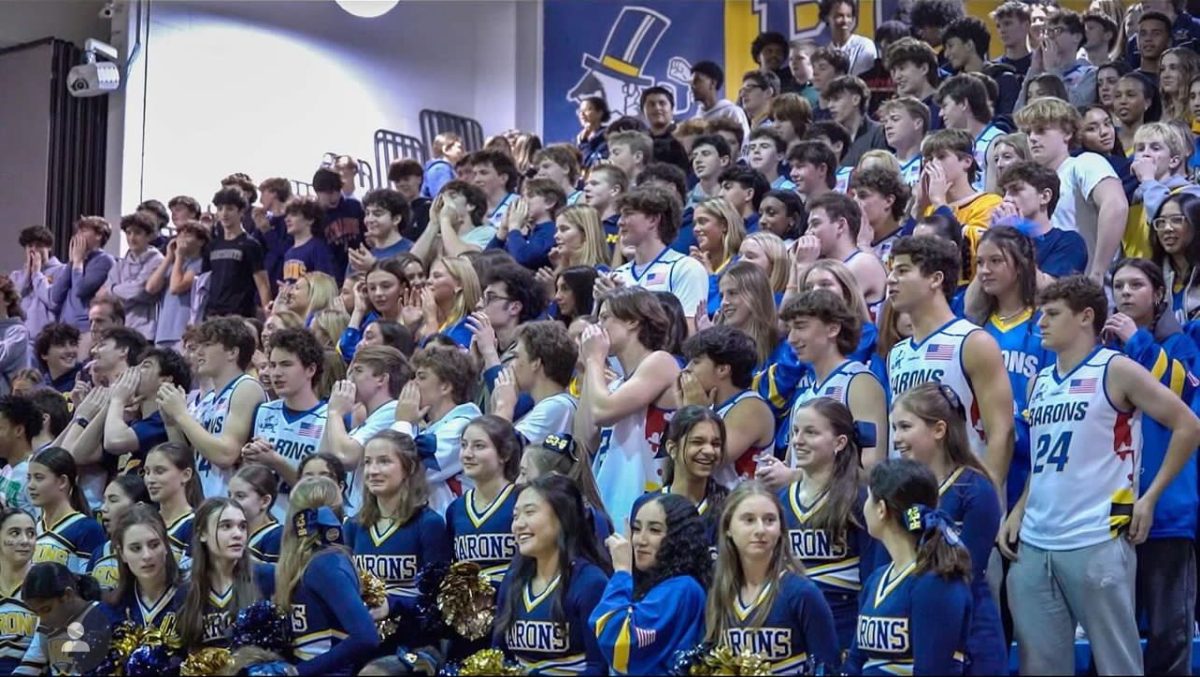

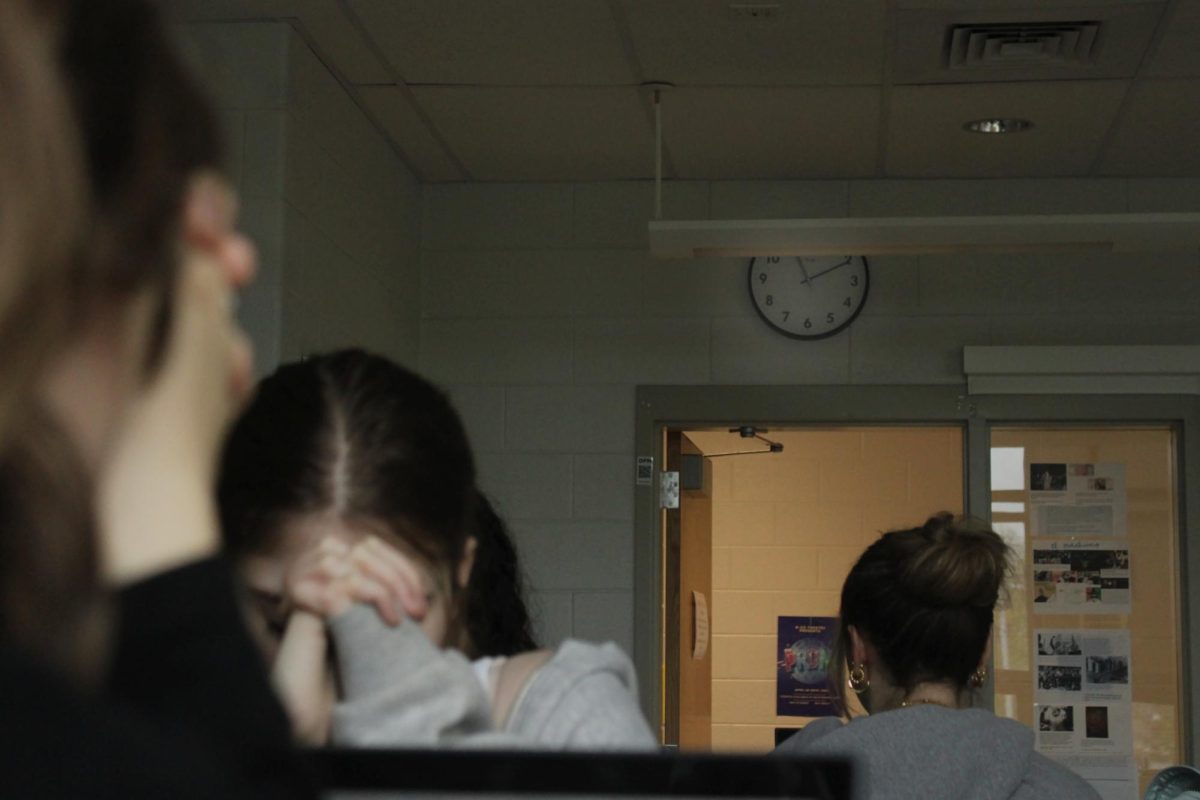

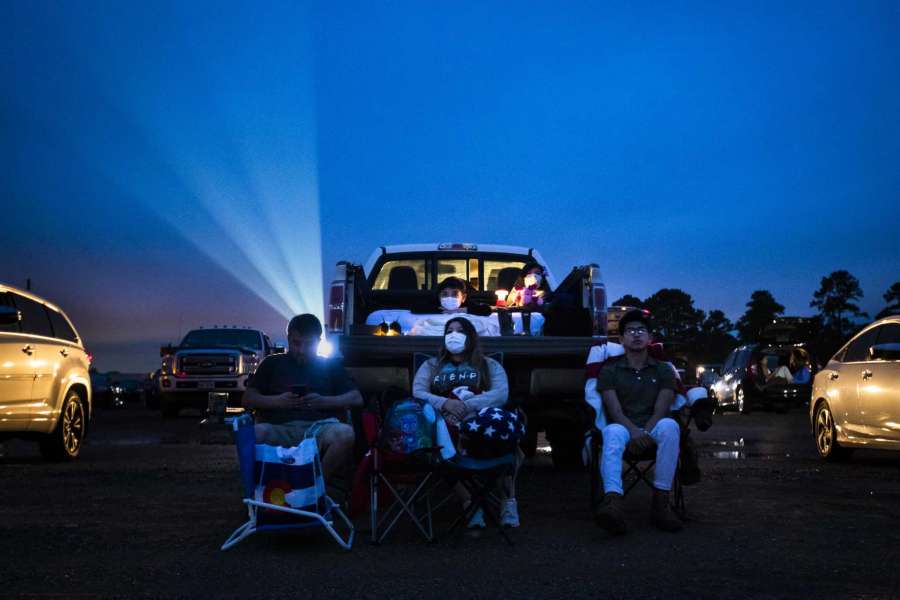



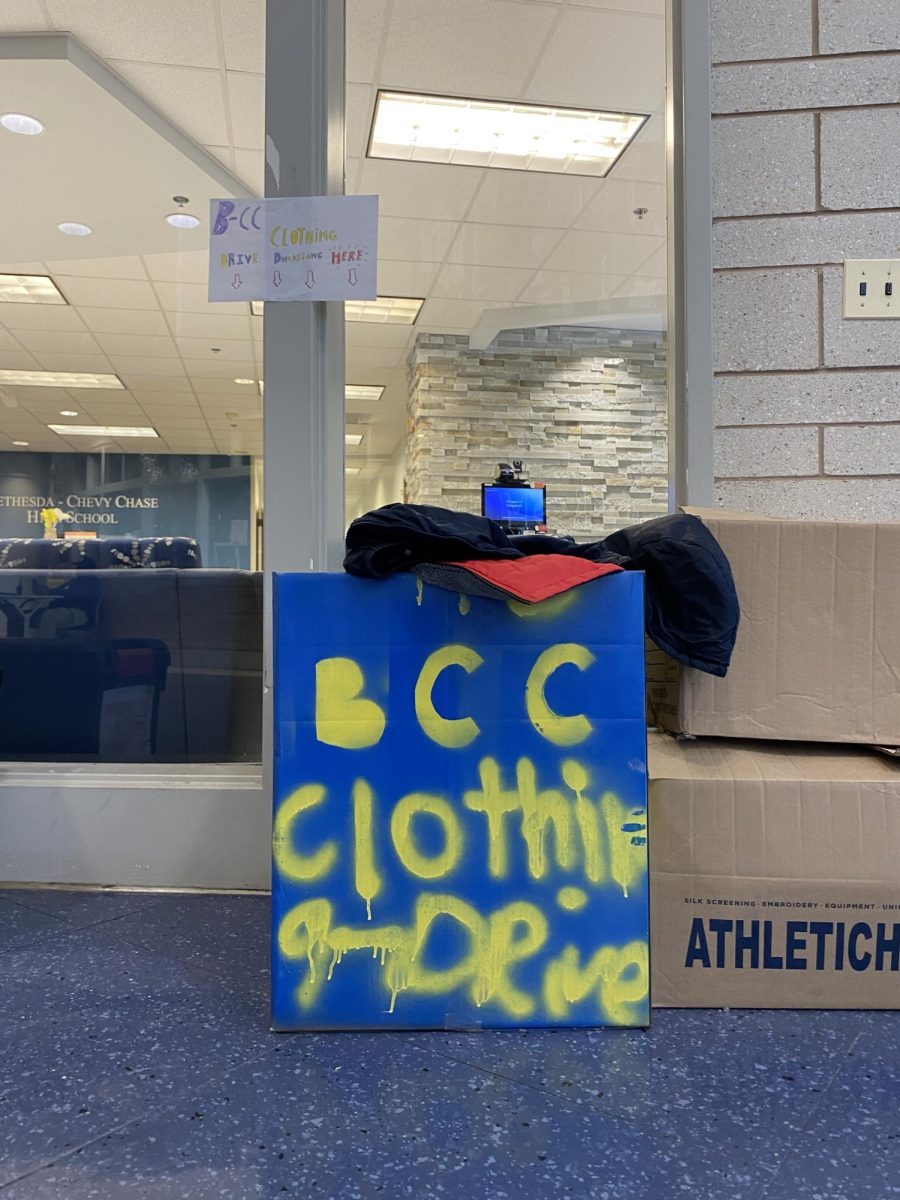

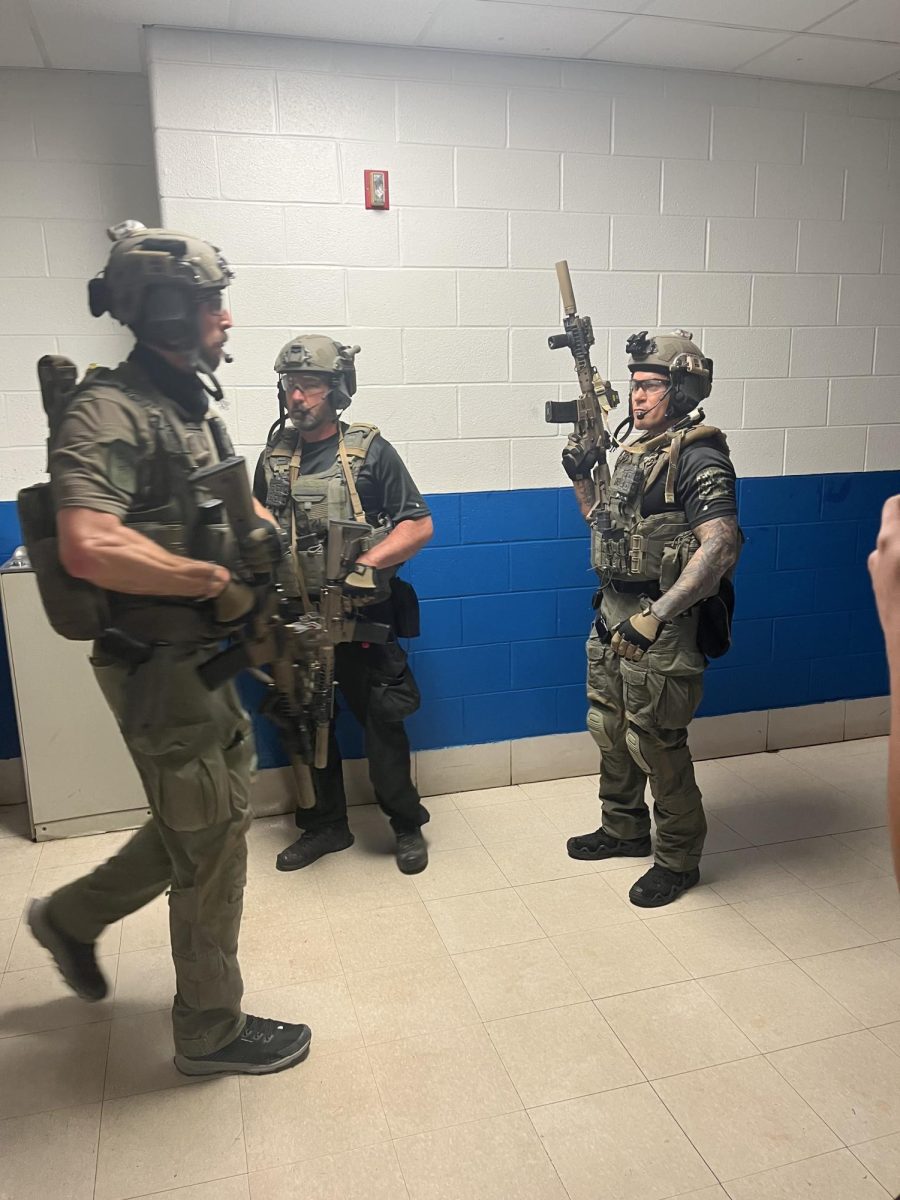
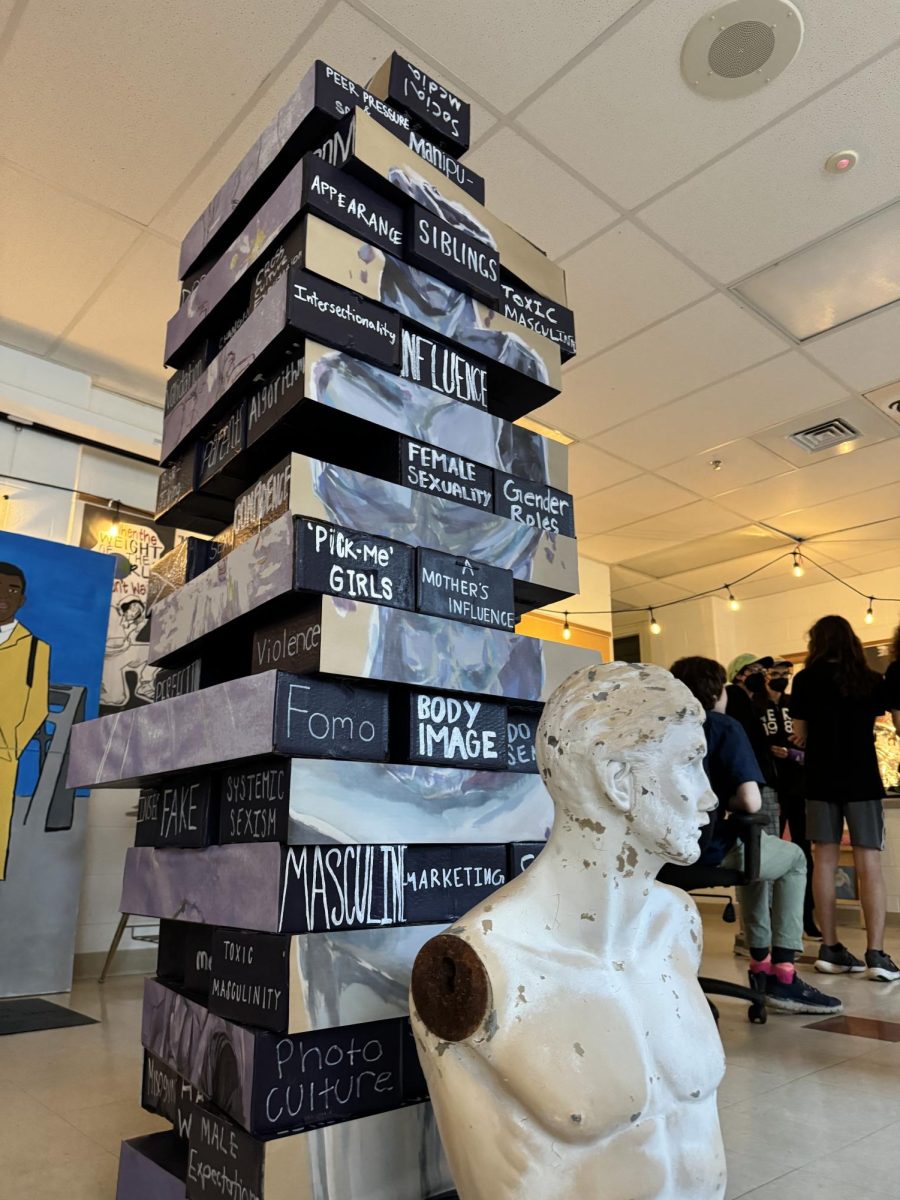





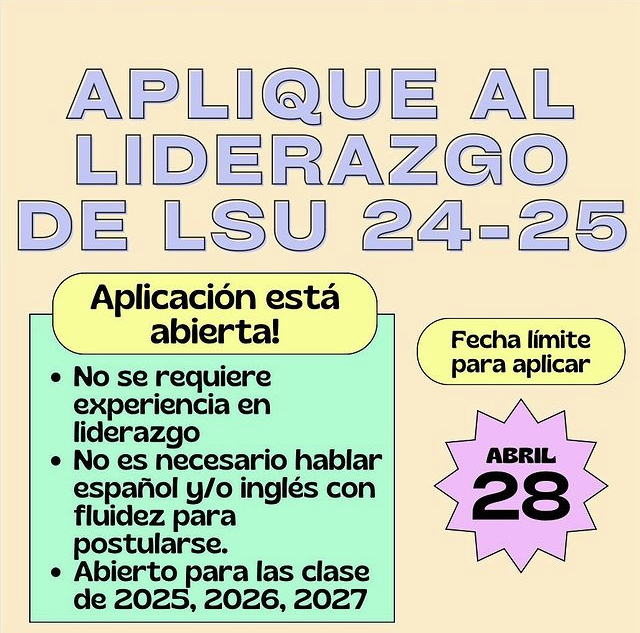





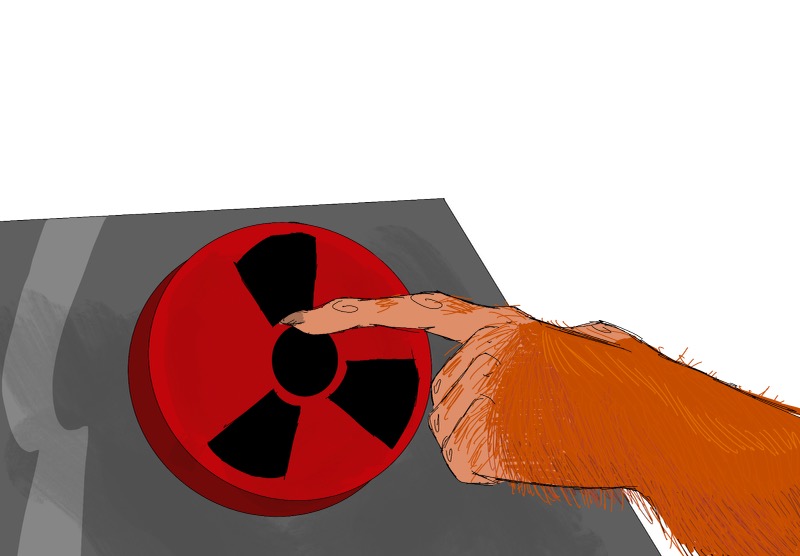







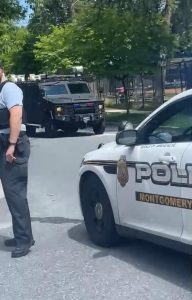

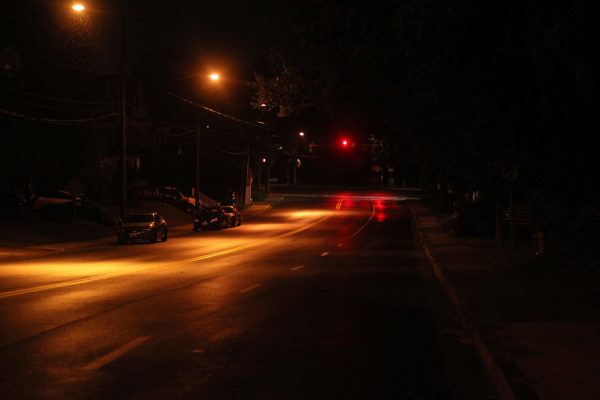

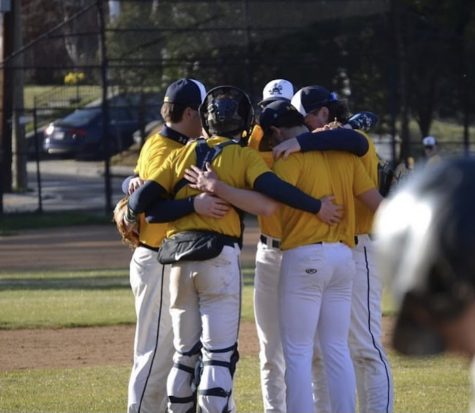
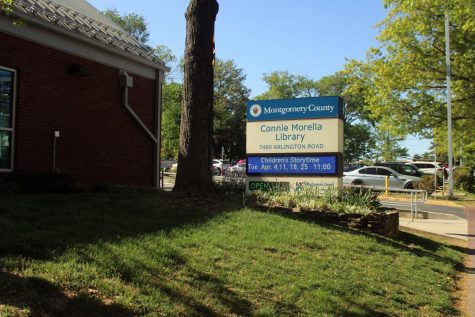
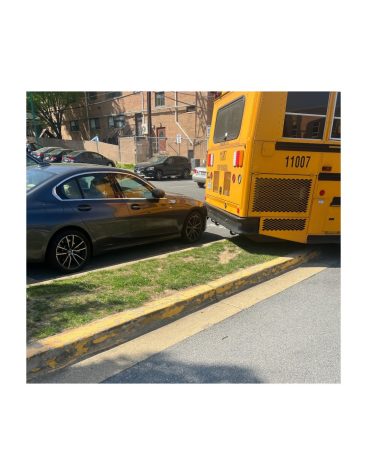




C • Oct 19, 2022 at 10:28 am
Thank you, Clay!